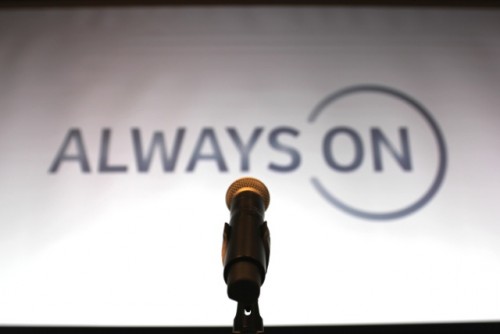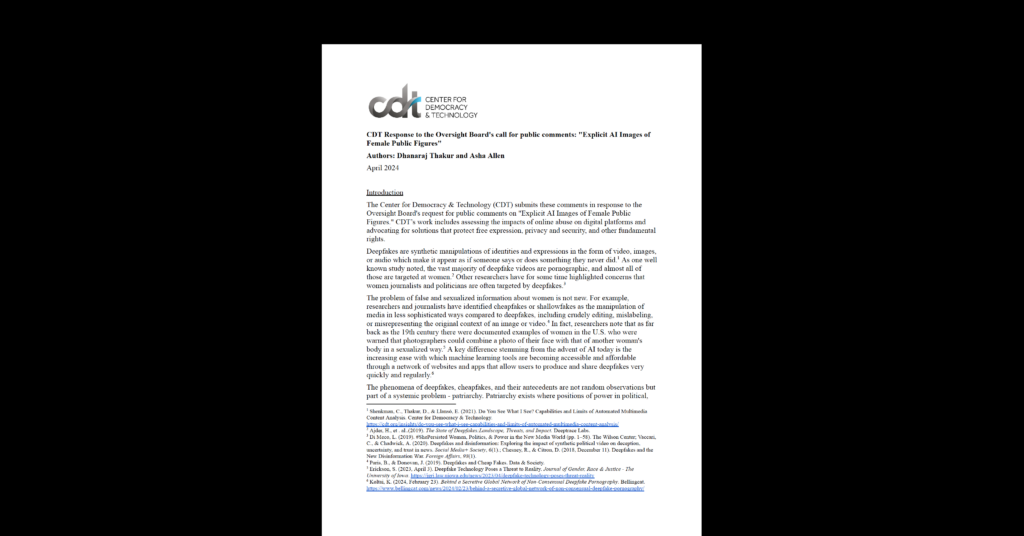Free Expression, Privacy & Data
Always On: The Digital Student
 Anyone with children knows that technology is changing the way kids and young adults communicate: Phone calls have been replaced by texting or Snapchatting, board games have been replaced by immersive multi-player online games, and books have been replaced by tablets and vlogs. Is this scary or exciting?
Anyone with children knows that technology is changing the way kids and young adults communicate: Phone calls have been replaced by texting or Snapchatting, board games have been replaced by immersive multi-player online games, and books have been replaced by tablets and vlogs. Is this scary or exciting?
The meaning of this reality is just one of the questions CDT began addressing in our second installment of Always On, with this event in the series focused on the “digital student.” In partnering with the Data Quality Campaign, we explored how technology could be integrated into schools to achieve better student outcomes, and how we protect the privacy of students as we try to empower teachers and parents with more actionable data.
[You can read DQC’s wrap-up post here.]
The Always On event brought together experts from the tech, education, and privacy communities to not only discuss these important issues, but also to build partnerships and set an agenda for student-centered approaches to technology and data-enabled learning.
Jon Phillips, the Managing Director of Worldwide Education for Dell, served as our fire starter for the event. He offered a paradigm shifting perspective on data collection in the classroom: let students take ownership of their learning journey by offering a personalized classroom experience. “Personalization is the key to making school relevant to children’s lives,” Jon said. “We need to listen to the voice of the student.”
Following Jon’s remarks, Always On attendees discussed a range of education privacy and technology questions, including whether students have a reasonable expectation of privacy in school settings and how to empower students to be creators of technology, instead of just consumers.
Always On wrapped-up of with an expert panel that built on the group discussion, featuring Shannon Sevier from the National PTA, Cameron Wilson from Code.org, Aimee Guidera from DQC, and our own Nuala O’Connor.
The panelists all agreed that empowering parents was an essential part of promoting adoption of technologies in schools and helping to address privacy concerns. Shannon highlighted the National PTA’s “Share Awesome” campaign as a way to help inform parents and teach broader digital literacy skills.
Another interesting theme that emerged was finding ways to ensure that technology in schools doesn’t exacerbate digital divide issues. For examples, if a student uses an iPad in the classroom, but can’t use it at home to complete an assignment because she doesn’t have WiFi, how is this helping her learn?
The panel concluded with a discussion about how to responsibly use student data, with Nuala reminding attendees that people aren’t always comfortable with decisions made about their children based solely on data. The possibility of a privacy framework in education was also addressed, with Aimee noting that states are really taking the lead on this.
CDT is looking forward to digging deeper into student privacy and the responsible use of technology in schools. We welcome your input and encourage you to reach out if you’d like to be involved in the conversation moving forward!



